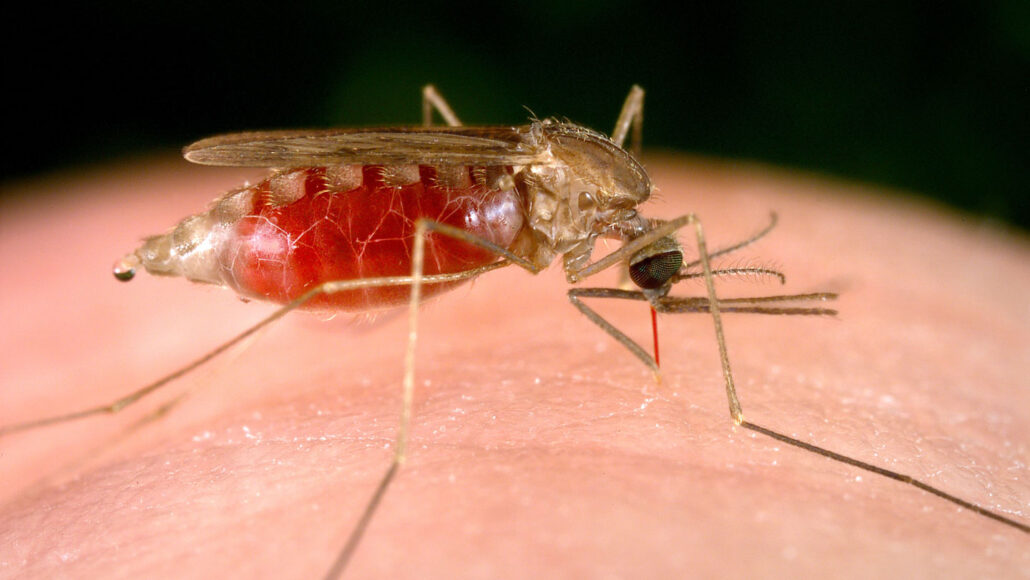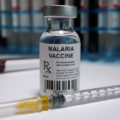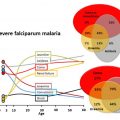GAVI, the global vaccine alliance, announced a significant step in the fight against malaria in Africa. Over the next two years, a total of 18 million doses of the malaria vaccine, known as RTS,S, will be delivered to 12 countries on the continent. This move aims to expand access to life-saving shots, as the vaccine has shown promise in reducing the devastating impact of malaria.
Malaria remains one of Africa’s deadliest diseases, taking the lives of nearly half a million children under the age of five each year. Shockingly, in 2021, the continent accounted for approximately 95% of all global malaria cases and an overwhelming 96% of related deaths, as reported by the World Health Organization (WHO). Nigeria bears a significant burden of malaria, with approximately 55 million cases and 90,000 malaria-related deaths reported each year. This relentless disease has far-reaching consequences, not only on public health but also on the country’s economy. In 2022, the economic impact of malaria on Nigeria was estimated at $1.6 billion (N687 billion), a staggering figure that reflects the toll it takes on productivity, healthcare costs, and overall well-being. Alarming projections suggest that this economic burden may rise even further, reaching about $2.8 billion (N2 trillion) by the year 2030 if adequate measures are not taken to combat the spread of malaria. Addressing this pressing issue becomes crucial not only for the health and welfare of the Nigerian population but also for the sustained growth and development of the nation’s economy. However, the country is not listed among those set to receive the vaccines.
The WHO Director-General, Tedros Adhanom Ghebreyesus, emphasized the demand for the RTS,S vaccine, with at least 28 African countries expressing interest in receiving it. Additionally, there is hope for a second malaria vaccine currently under review for pre-qualification, which could provide an additional supply in the near future.
Since 2019, Ghana, Kenya, and Malawi have been part of a pilot program funded by GAVI, UNICEF, and the WHO, where they have been administering the RTS,S vaccine. As a result of this initiative, more than 1.7 million children in these countries have already received the vaccine, saving countless lives.
Now, the focus is on expanding the vaccination efforts to include nine new countries in Africa. These countries, namely Benin, Burkina Faso, Burundi, Cameroon, the Democratic Republic of the Congo, Liberia, Niger, Sierra Leone, and Uganda, are set to receive the RTS,S vaccine in the coming months.
The first shipments of the vaccine are expected to reach the 12 African countries during the last quarter of 2023, enabling them to begin rolling out the vaccination programs early next year. This timely action is a critical milestone in the ongoing battle against malaria, providing hope for better health outcomes and a brighter future for millions of people on the continent.
The efforts to combat malaria in Africa are a collaborative endeavor, with the vaccine itself developed by the British drugmaker GSK. With the support of international organizations like GAVI, UNICEF, and the WHO, this endeavor is an essential step towards alleviating the burden of malaria and protecting the most vulnerable populations, especially young children, from this deadly disease.





